Sunlight and Your Health


It’s Not All Bad
When you think of the sun, your first thought might be about the damage it can do. And too much can cause several kinds of serious health issues. But small amounts, especially early in the day before it’s at its brightest, can be good for you in some ways.

How Much Is Enough?
This answer is different for everyone. It depends on your skin tone, age, health history, diet, and where you live. In general, scientists think 5 to 15 minutes -- up to 30 if you’re dark-skinned -- is about right to get the most out of it without causing any health problems. You can stay out longer and get the same effect if you use sunscreen. Talk to your doctor about what’s right for you.
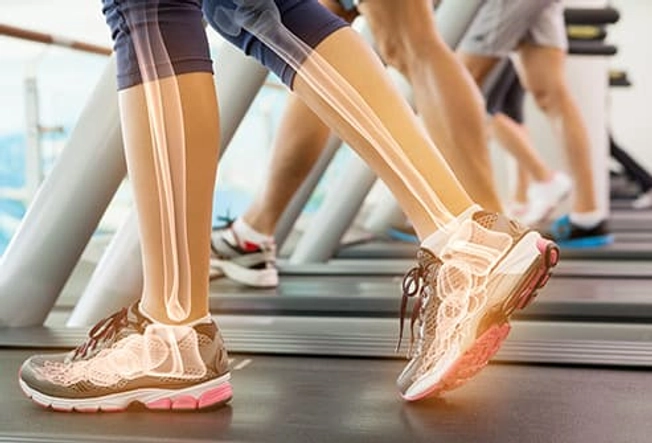
Vitamin D
The sun’s UV rays help your body make this nutrient, which is important for your bones, blood cells, and immune system. It also helps you take in and use certain minerals, like calcium and phosphorus. And while most people get enough vitamin D from food, children who don’t can get rickets, which softens and weakens their bones.
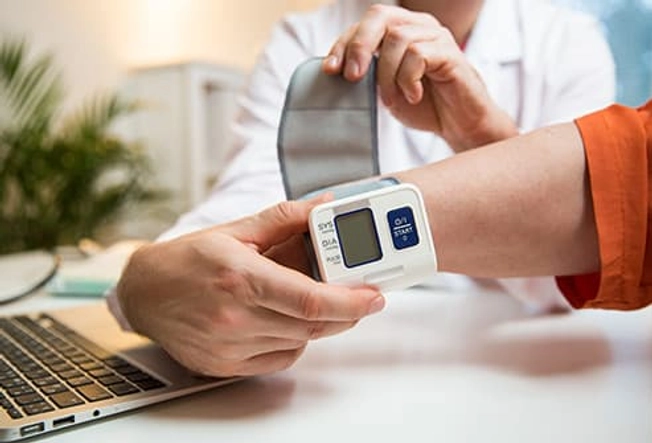
Vitamin D and Disease
Too much time outside can raise your chances of skin cancer, but the risk of developing certain conditions such as multiple sclerosis and other autoimmune diseases may be higher in people who live in northern climates. Scientists think this might be linked to lower levels of vitamin D.

Better Sleep
Your eyes need light to help set your body’s internal clock. Early morning sunlight in particular seems to help people get to sleep at night. This may be more important as you age because your eyes are less able to take in light, and you’re more likely to have problems going to sleep.
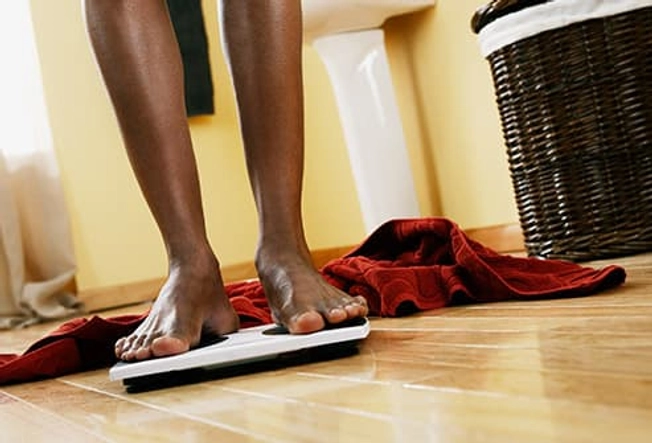
Weight Loss
Morning light also seems to help people keep the fat off. You need 20 to 30 minutes between 8 a.m. and noon to make a difference, but the earlier you get it, the better it seems to work. Scientists think the sun’s rays may shrink fat cells below your skin’s surface. More sunshine means you’re probably getting more exercise too, which is good for you in lots of ways, including shedding pounds.

Emotional Well-Being
Sunlight helps boost a chemical in your brain called serotonin, and that can give you more energy and help keep you calm, positive, and focused. Doctors sometimes treat seasonal affective disorder (SAD) and other types of depression linked to low levels of serotonin with natural or artificial light.
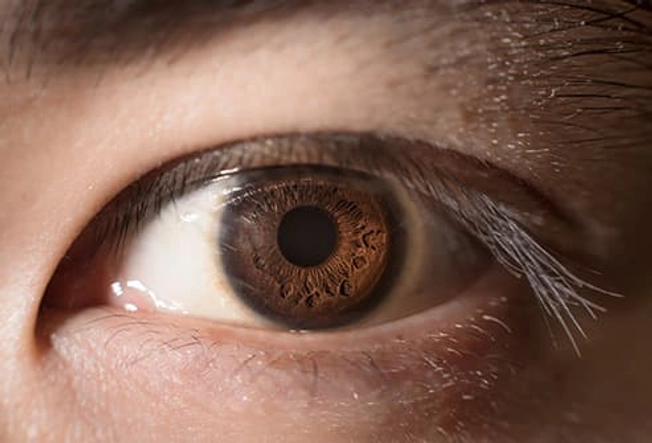
Eye Health
Moderate amounts of sun over your lifetime, especially in your teen and young adult years, might make you less likely to have problems seeing things at a distance (nearsightedness). But too much direct sunlight can hurt your eyes. It can lead to blurred vision and raise your chances of cataracts.
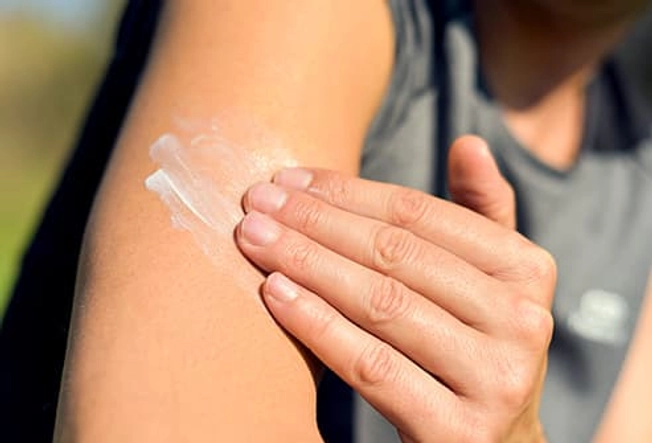
Your Skin
Researchers think the three primary types of skin cancer -- melanoma, basal cell carcinoma, and squamous cell carcinoma -- are mostly caused by too much time in the sun. So it’s very important to use sunscreen or cover up if you’re going to be outside longer than 15 minutes or so. But regular, small amounts of ultraviolet light may help ease the symptoms of certain skin conditions like eczema, psoriasis, and vitiligo.

Sunlight as Treatment
In addition to some skin issues, filtered sunlight also can be used to treat a condition called jaundice that mostly affects newborns. It happens when there’s too much of the chemical bilirubin in the blood, and it makes a baby’s skin look slightly yellow. Putting the baby in sunlight behind a window (to filter out the harmful kinds of rays) may help get rid of the bilirubin. Never put a newborn in direct sunlight outside.
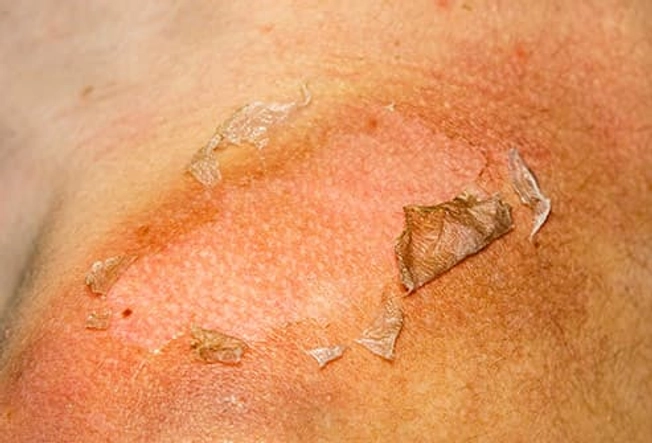
Don’t: Get Too Much Sun
Too much time outside without protection can not only make you more likely to get skin cancer, it can make your skin age faster, too, causing wrinkles, a leathery texture, and dark spots. And sunburned skin uses white blood cells from your immune system to heal. That can affect your body’s ability to fight off germs and make you more likely to get sick.

Do: Protect Your Eyes
You need sunglasses that block UV light and broad-brimmed hats whenever you’re outside for a while. The sun can damage your eyes any time, not just in summer, and the rays can pass right through clouds. (Don’t forget that kids need this same protection, too.)

Do: Use Sunscreen
An SPF of 30 or higher is best. Look for “broad exposure,” which blocks more of the UV light. Put it on 30 minutes before you go outside, and don’t forget areas like your lips, ears, and neck. Put more on if you swim or sweat. Try to stay out of the direct sun between 10 a.m. and 4 p.m., when the sun’s rays are strongest, and take breaks inside.

Don’t: Go to Tanning Beds
This also raises your chances of skin cancer. If you do it before age 35, you’re 60% more likely to get melanoma, the most serious form. Even one session can raise your odds of melanoma by 20% and other types by as much as 65%. If you want that all-over body tan, tanning lotions might be an option. Most are safe, but they usually don’t have sunscreen in them, so don’t forget to put that on as well.
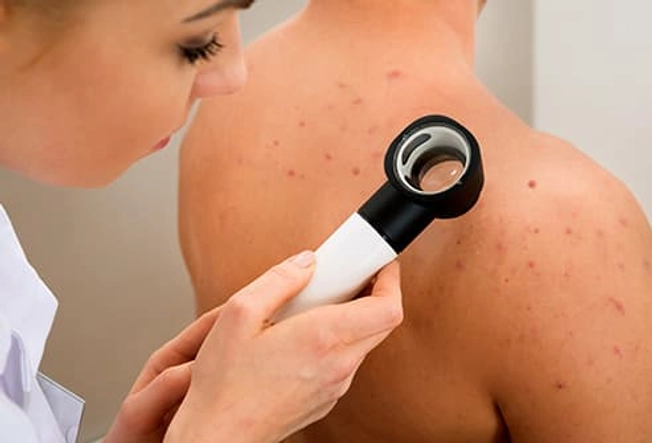
Do: Go to the Dermatologist
Check your skin once a month or so. If possible, ask a family member to help if you can’t see everywhere on your body. Stand in front of a full-length mirror -- a chair and a hand mirror can help -- and look all over for any new growths or changes in old spots. See your doctor or dermatologist if you notice anything unusual.